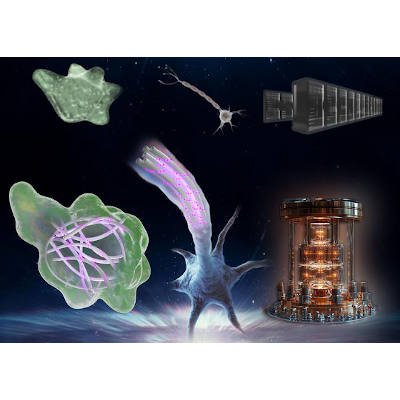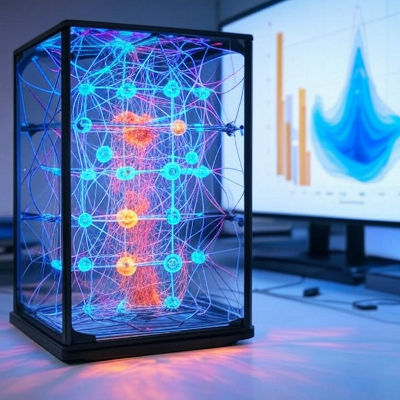Toward efficient quantum navigation systems
Apr. 28, 2025.
2 mins. read.
2 Interactions
Quantum navigation breakthrough: A new era of GPS-free navigation with unmatched precision and reliability.
Q-CTRL recently completed successful field trials of its new quantum-assured navigation system, called Ironstone Opal. This system offers GPS-like accuracy without relying on satellites, and outperforming traditional navigation systems in tough real-world conditions.
The trials show quantum technology can solve real problems better than existing solutions. Navigation today depends heavily on GPS. However, GPS signals can be jammed or spoofed, especially during conflicts. Current GPS backups, like inertial navigation systems (INS), struggle with accuracy over long distances, making reliable alternatives critical.
Ironstone Opal uses quantum sensors to detect tiny magnetic signals from Earth’s structure. These signals act like natural landmarks for navigation. Unlike GPS, this system is passive, meaning it doesn’t send signals that can be detected or jammed. It works on various vehicles, from drones to airliners, and supports autonomous systems. In trials, Q-CTRL’s system showed up to 50 times better accuracy than a high-end INS. It maintained precise positioning over long distances.
A leap in quantum technology
Q-CTRL combines advanced software with quantum hardware. Their software, called magnetic denoising, filters out interference like vibrations or electromagnetic noise. This makes the system reliable in real-world settings, unlike many quantum technologies that only work in labs. The software learns interference patterns during operation, needing no prior calibration. This flexibility simplifies use for operators. Trials included both ground vehicles and aircraft. In flights, the system achieved near-perfect uptime across various conditions. It outperformed INS by a wide margin, even when placed inside aircraft where interference is stronger.
Q-CTRL’s technology is compact, fitting on small drones or cars, yet powerful enough for large aircraft. It uses public magnetic maps, eliminating the need for special surveys. The company collaborates with defense agencies in Australia, the UK, and the US, and with Airbus for commercial aviation. This development establishes quantum navigation as a practical, high-value solution for defense, aerospace, and autonomous vehicles, with a projected market growth to $3 billion by 2030.
Let us know your thoughts! Sign up for a Mindplex account now, join our Telegram, or follow us on Twitter.


.png)

.png)


.png)





0 Comments
0 thoughts on “Toward efficient quantum navigation systems”